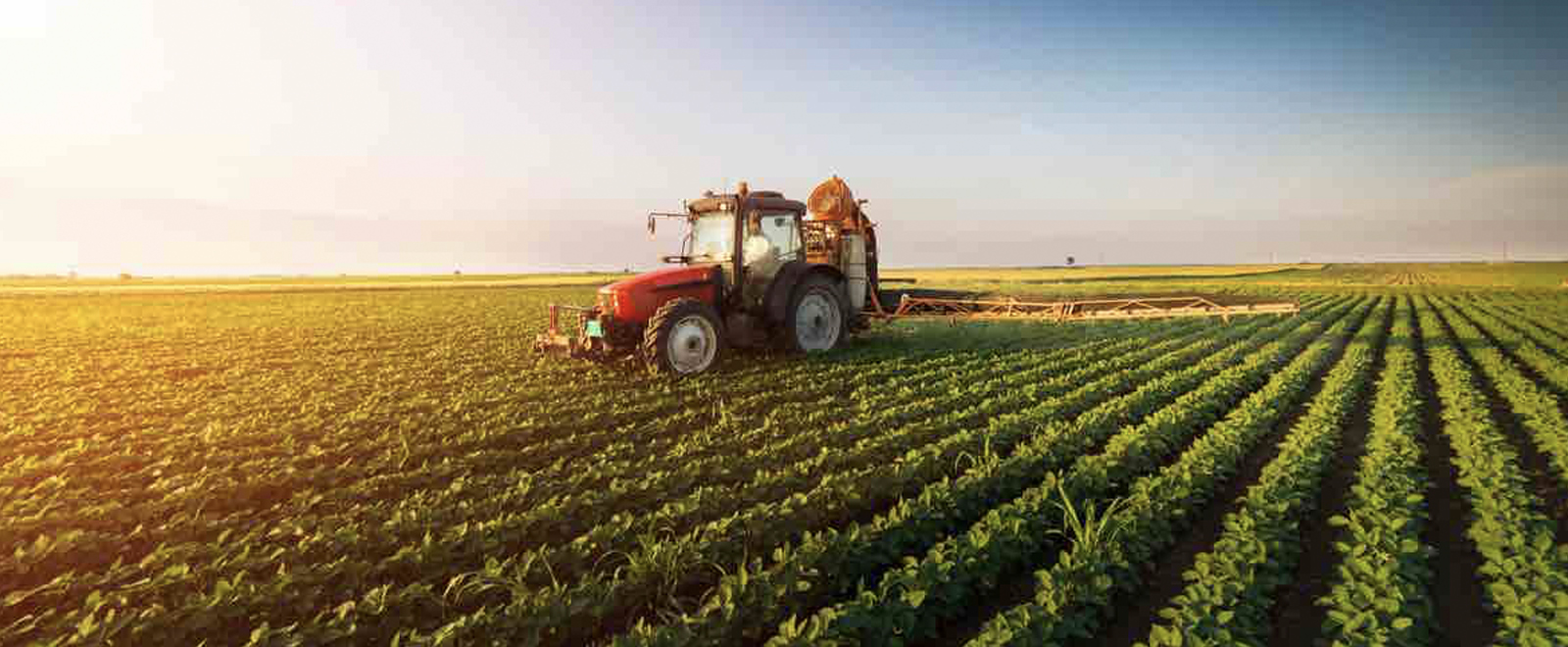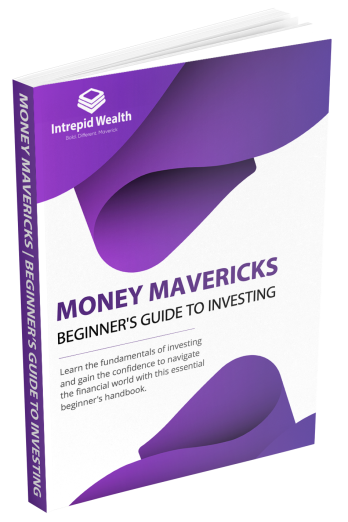The picture is familiar – a couple, steaming mugs in hand, watching the sun rise over rich pastures while a gentle morning mist slowly evaporates to reveal grazing cattle. The couple exchange a smile of contentment: another day in paradise.
For one short moment you wonder who in their right mind would trade life on the land for the rat-race of the city.
Alright, now take the romance out of it and look at the reality – the business of farming is tough!
It’s a business of extremes – extreme highs countered by extreme lows. It’s a business of cycles charted by the seasons – years of abundance interrupted by the unavoidable threat of drought, flood, fire or other natural disaster our great continent is famous for.
The hard truth is that it’s estimated the average farming business faces crop failure or significant stock loss roughly one year out of every six.
Is farming really different from any other business?
In any commercial venture, strategic planning to help you ride out the rough times is essential. Remove the emotion of land-ownership and the family traditions that accompany farming and you’re left with a business that experiences good times and bad, profitable years and years of loss; and as with any other business, running a farm is expected to be profitable.
The business of farming is often difficult to view in such impersonal terms; after all, working the land tends to ‘run in the family’. It’s a legacy passed from generation to generation. But it is a business nonetheless. It exists to supply a commercial demand while producing an income for the people who work on it. It puts food on the table, pays for the children’s education and funds retirement – just as you’d expect of any other business.
Regardless of the nature of that business, successful operators plan ahead and surround themselves with skilled people. For example, you’re expert at raising beef cattle but at what stage were you supposed to become a tax expert as well?
Take the Wealth Habits Scorecard Here
Do you expect too much of yourself?
Which leads neatly into an interesting point: although people who work the land tend to display a marked willingness to offer assistance to others, they rarely seek assistance for themselves. Many place unfair expectations on themselves by attempting to ‘go it alone’.
The business of running a profitable farm involves specific issues and complexities but there’s no reason you should feel you’re alone when trying to get your head around topics like:
- budgeting and cash flow,
- tracking income and expenditure,
- managing taxation, wages and superannuation.
Let’s return to the stats for a moment. If the odds are that one in six farming years may result in a financial loss to your business, doesn’t it make sense to put a plan in place that helps ride out these years?
A tailored plan is crucial to success
A financial plan, tailored to the particular business of your property, can mean the difference between borrowing through the tough times and treading water in the good; or having reserve funds for the lean years and surplus for savings and business growth during the productive years.
Timing is also vital. Not planning early enough may mean that your business decisions are triggered by events over which you have no control. Planning early puts you in command and increases your options.
If you could assemble a business strategy that structured your property so that it produced higher income, wouldn’t you be interested?
Development of an appropriate business plan provides strategies for:
- stock/produce sales and purchases,
- stocking rates,
- seasonal planning,
- succession planning.
Consider these points:
- Budgeting – like any business owner, farmers understand this requirement first hand. It might be handling household expenses or managing the costs of the property. Identifying needs from wants is paramount to keeping operational costs under control.
- Many events that impede profitability are outside of your control which raises the question of contingency planning – what you can do now to prepare for these events.
- Wealth creation sets up your future. A business with sustainable profitability, even in less lucrative years, will enable you to plan your life through each of its stages from raising a young family to retirement and beyond.
These issues are the same as those faced by the lady running a cafe or the local plumber. The difference lies in the experience and background of the professionals they have behind them helping them to achieve their goals.
Now, picture this: a sweat-stained man returning to the homestead after an honest day’s graft on the land. He may appear alone, but he has a trained army at his back and a plan for the future.







